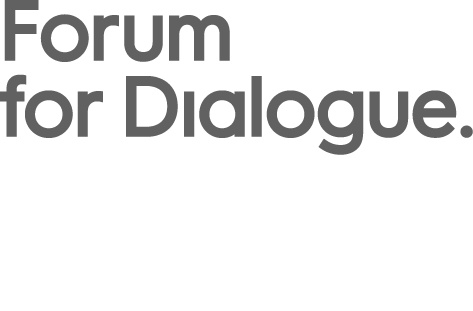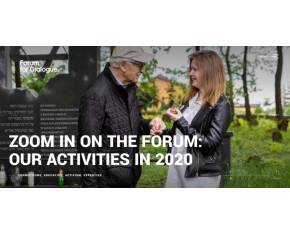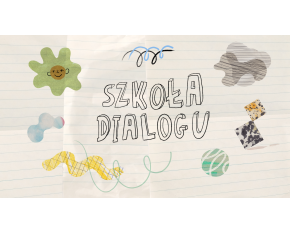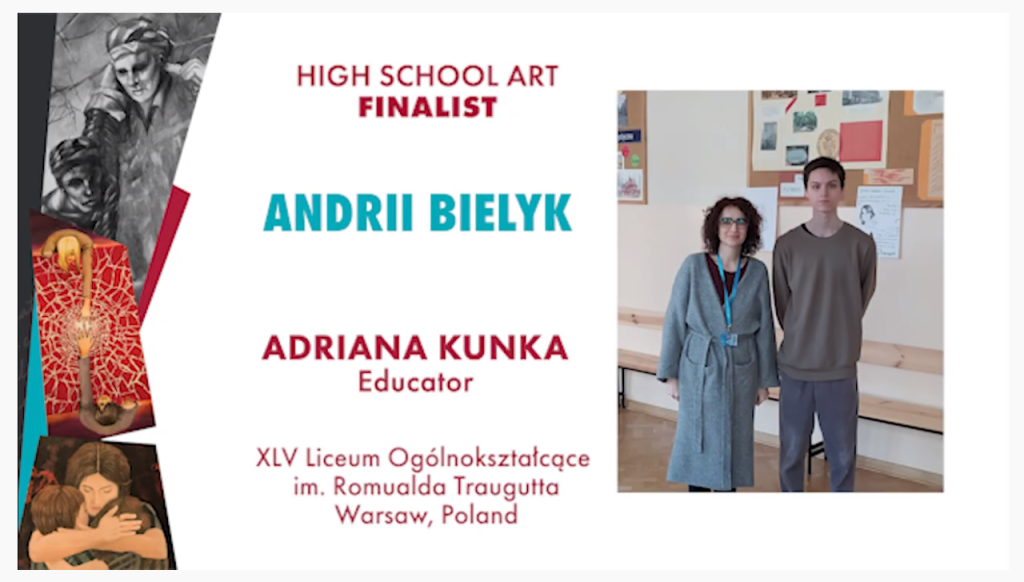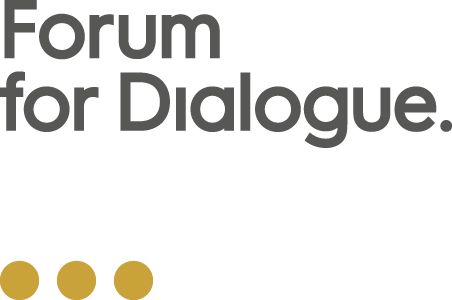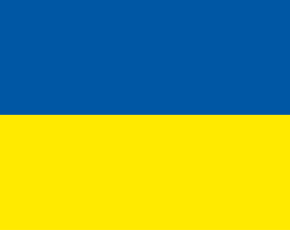
An average of 65,000 Ukrainian refugees are entering Poland each day, which so far has taken in over 450,000 people, according to the Polish Ministry of the Interior. At this rate, we could be facing Europe’s largest wave of refugees since the World War II. If you are interested in helping people fleeing the unlawful Russian assault of Ukraine, check out our list of reputable organizations coordinating support for refugees:
Following on the earlier experience of dealing with the situation on Polish/Belarussian border, some of the smaller, yet extremely effective, organizations have decided to form consortia to act and fundraise better:
Marcin John March 2nd, 2022
Posted In: EN News 2022
Leave a Comment
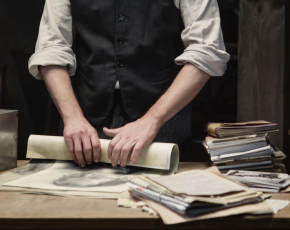
Begun in December 2019, the series of seminars dedicated to teachers was designed on the basis of Roberta Grossman’s Who Will Write our History [LINK] documentary about the Ringelblum Archive – the Underground Archive of the Warsaw Ghetto. The story of the Oneg Shabbat group and their methods served as inspiration for concrete educational tools. Our methodology prioritized the experience of individuals to show the diversity of prewar Jewish life in Poland.
The series included 7 workshops focused in the following provinces:
- Lublin Province
- Swiętokrzystkie Province
- Podlasie Province
- Łódź Province
- Greater Poland Province
- Kujawsko-Pomorskie and Pomeranian Provinces
- Podkarpacie and Lessser Poland Provinces
We focused each seminar on the Jewish history of a region and sought support from local activists and educators of the Leaders of Dialogue network: Marek Kołcon, Mirosław Skrzypczyk, Mariusz Sokołowski, Anita Rucioch-Gołek, Jakub Niewiński and Edyta Danielska. These seminars are an opportunity to network local teachers and educators, explore archival material pertinent to local Jewish history, and introduce methods of working with the archives for teachers interested in working on the Jewish heritage with their students.
The first two seminars were organized in Lublin and Kielce with the support of Grodzka Gate and Jan Karski Association respectively. Due to the pandemic, the remaining seminars were organized online. Though unable to meet face-to-face, the participants of the online seminars had more time to explore the materials in the digital Ringelblum Archive at the Central Jewish Library run by the Jewish Historical Institute and other online archives. Despite the pressure put on schools by the Covid-19 pandemic, we had 171 teachers from all over Poland participate in the program. This showed us how many teachers search for new ways of expanding their knowledge and competences in educating about Polish/Jewish history. We wish the participants and their students all the best in their journey of discovery of local Jewish history.
The dedicated lesson plans (in Polish) are available for download at the School of Dialogue website.
Educational initiatives related to Who Will Write Our History have been made possible thanks to the generosity of Al and Gayle Berg Family Found
Marcin John July 4th, 2021
Posted In: EN News 2021
Leave a Comment
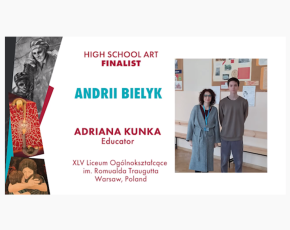
Each year, we encourage the schools we work with to participate in the Holocaust Art & Writing Contest organized by the Rodgers Center for Holocaust Education at Chapman University in Orange County, California. While preparing for the contest, the students select and view testimonies of Holocaust Survivors and create films, prose or poetry based on their recollections. The organizers prepared testimonies of Michał Głowiński, Janina Bauman and Teresa Prekerowa for Polish participants. The competition is based on something that is very important in our thinking about education: direct use of testimonies of witnesses of history, learning from such accounts, passing on the message of the Survivors. That is why we encourage teachers and students to use the USC Shoah Foundation resources and search for accounts about their towns and the surroundings.
This year, among 220 schools from 13 countries that participated in the contest, 13 were from Poland. A student from Romuald Traugutt High School in Warsaw was selected as one of the finalists. Congratulations to all involved in this important project!
Marcin John March 20th, 2021
Posted In: EN News 2021
Leave a Comment

On March 2-3, we held a seminar for elementary and high school teachers from Podlaskie and Mazowieckie provinces. The starting point for reflection on Polish/Jewish history was the film “Who Will Write Our History”, which tells the unique story of the Ringelblum Archive – the Underground Warsaw Ghetto Archive. The archive, one of the most important sources on the extermination of Polish Jews, was found after the war and entered on the UNESCO Memory of the World Register.
We tried to translate the ideas of the Oneg Shabbat collection created in conspiracy into specific educational tools. We looked at the prewar Jewish community with the perspective of a history written from the bottom up, which gives subjectivity to ordinary people and shows the diversity of their fates.
The seminar provided a space for discussion on how to talk about the history and culture of Polish Jews by focusing on individual, local experiences. The participants were given tips on how to discover local Jewish history, how to look for information in online archives and how to access Ringelblum Archive materials on a given region online.
During the meeting we also talked about how to build youth engagement. We presented and discussed together exercises that can be carried out in the classroom. Part of the seminar was also an inspiring meeting with Mariusz Sokolowski, a teacher from Wasilków and Białystok, who for many years has been involved, together with his students, in preserving Jewish memory in his town.
Marcin John March 4th, 2021
Posted In: EN News 2021
Leave a Comment
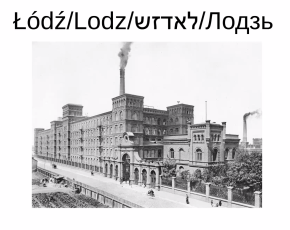
In February, we held a series of meetings as part of the Zoom in on the Forum, which allows us to keep in touch with recipients of our program and our allies despite the limitations of the pandemic. We organized two guided virtual tours: of Israel for Polish viewers, and of Lodz for foreign audiences. Polish viewers also had the opportunity to see and learn more about the newly opened permanent exhibition on the history of the Sobibór extermination camp and Operation Reinhardt at the Sobibór Museum and Memorial during a meeting with Museum Director Tomasz Oleksy-Zborowski.
We also held a series of substantive meetings for an international audience, including one on Holocaust research in Poland. Two researchers from the Polish Academy of Sciences, Agnieszka Haska, a sociologist and anthropologist and Krzysztof Persak, a historian, discussed the growing body of scholarly work on the Shoah in Poland. They presented the most important findings and the public perception of publications describing the fate of Jews and the attitudes of Poles during and immediately after World War II.
Since many international Friends of the Forum are interested in the state of civil society, education and the politics of remembrance in Poland, we invited Agata Szczęśniak, a journalist and political commentator, to talk about the current political and societal affairs in Piland. We also met with Patrycja Dołowy, who shared her thoughts on literature and art devoted to the experiences of Jewish women in 20th-century Poland.
Marcin John February 28th, 2021
Posted In: EN News 2021
Leave a Comment
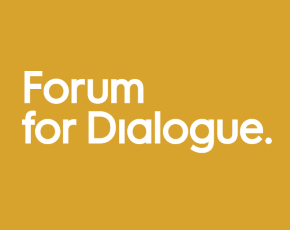
In the difficult sphere of Polish/Jewish relations, where the memories of Christian and Jewish families clash against national identities, stereotypes, and decades of political abuses of history, thorough research of history is key for dialogue. In the last twenty years, Poland has seen the creation of some of the most important works tracing the history of the Holocaust on Polish territories, which are oftentimes catalysts for serious discussions and rebuilding of bonds between the current residents of Poland and Polish Jews and their descendants.
This is why we are deeply concerned about the circumstances of the trial against Professor Barbara Engelking and Professor Jan Grabowski for the research they published in Night without End: The Fate of Jews in Selected Counties of Occupied Poland and the accompanying attempts to discredit these two eminent scholars. As an organization which for over twenty years has been working to restore the memory of Polish Jews, predominately in small towns and villages, we fear that the trial will have a censoring effect on young and local researchers working with no support network. This is an attack on the freedom of scholarly research of Jewish history in Poland, and as a result, it will destroy the hard won advances in Polish/Jewish dialogue.
Complex historical reality should not be decided by courts. The fragment of Night without End that is at the source of the accusation is based on a Survivor’s testimony, a type of account which should always be heard with empathy and humility. The fact that information thus uncovered are uncomfortable for Poles should encourage us to even more in-depth and sincere research of history and inspire us, Poles, to reflect on the ways we perceive ourselves. Identity and national pride that require legal protection and deter criticism with a perspective of severe punishment must be very fragile indeed. We believe that Polish identity need not be threatened by a frank facing of the past.
Marcin John February 5th, 2021
Posted In: EN News 2021
Leave a Comment
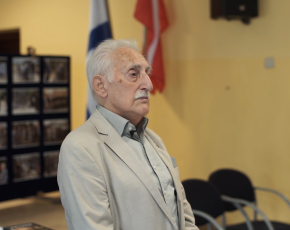
In the week when we commemorate the International Holocaust Remembrance Day, marking the anniversary of the liberation of Auschwitz-Birkenau, we invited participants and recipients of our programs to Zoom on Forum meetings on Holocaust memory.
The guest of meeting for international audience was Leon Weintraub, a Holocaust survivor born in 1926 in Łódź, who was willing to share his testimony with us. During the war, Leon Weintraub and his family were deported from the Łódź ghetto in 1944 to the Auschwitz-Birkenau camp, where they were separated from their relatives. After the war he began medical studies in Germany, and in 1950 returned to Poland, where he worked as a gynecologist. After 1968, he was forced to end his career in Poland and emigrated to Sweden, where he still lives today. In addition to the extremely difficult account of the war, Mr. Leon shared with the participants his remarkable story of rebuilding ties with the place associated with his family. In 2004, he reconnected with his mother’s hometown, Dobra, by meeting with students from the School of Dialogue (we invite you to watch a film depicting this meeting).
The second meeting was devoted to the role of Auschwitz in the memory of the Holocaust. The guest of the meeting was Anna Sommer-Schneider, a researcher from Georgetown University in Washington, DC and a long-time Auschwitz-Birkenau Memorial and Museum guide. During the meeting, participants had the opportunity to hear about the changes in the exhibitions, as well as about the motivations and types of sensitivity that accompany visitors to the Museum from all over the world. The meeting was also an opportunity to discuss the narrative that the institution builds through its museum and commemorative practices. In view of the passing of the last witnesses, we also considered how to work with the attitudes of young people coming to the Museum.
Marcin John February 1st, 2021
Posted In: EN News 2021
Leave a Comment
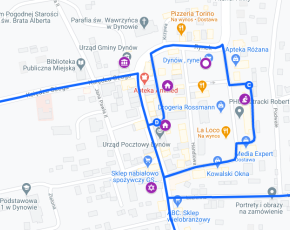
The fall semester of the School of Dialogue program has come to an end. It was a big challenge due to epidemiological situation and the measures implemented, we had to give up on in-person meetings between educators and students during workshops. We made every effort to ensure that online workshops keep up the quality. Today we can breathe a sigh of relief because we can see that this year’s difficulties related to the pandemic stimulated creativity in solving them.
We are glad that students not only prepared a mandatory virtual tour following the footsteps of the local Jewish community and promoted it among inhabitants of their towns, but also undertook many additional activities. Students initiated important commemorative actions, organized online meetings for town inhabitants and set up fanpages about the Jewish history of their towns.
With a serious sense of responsibility they decided not to visit their grandparents or elderly neighbors; for the same reason, they could not organize a walking tour. Nevertheless, they kept researching about the forgotten history of the pre-war Jewish community. Educators and Leaders of Dialogue supported their efforts and shared knowledge about their town history, gave advice about commemoration projects and the use of archival documentation or inventory of cemeteries. Some students also managed to get in touch with the descendants of Jews from their town.
We are very pleased that Forum educators, who are used to a completely different conditions of work with young people, have proven that even during remote workshops they are able to pass on positive energy to students and inspire them to act. Even if they were often hundreds of kilometers away from the students, they also assisted them in research and ideas through dedicated groups on Facebook and via Messenger.
We have a difficult but exciting task ahead of us in evaluating projects and selecting this year’s nominations and finalists. We will announce the winners during the official School of Dialogue Gala 2020.
Marcin John January 7th, 2021
Posted In: EN News 2021
Leave a Comment
« Previous Page —
Next Page »
